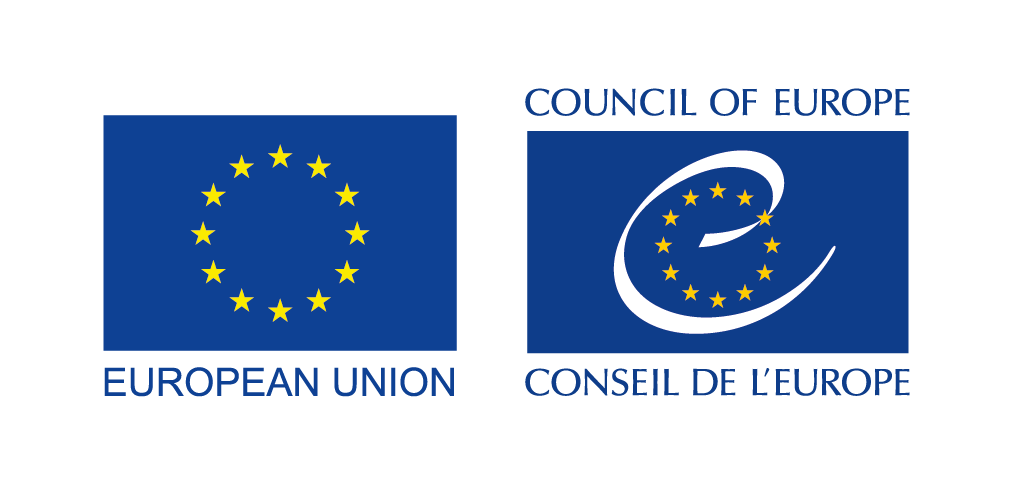In the previous period, the ROMACTED team in Montenegro established Community Action Groups (CAGs) and Institutional Working Groups (IWGs) in all partner municipalities in Montenegro: Bar, Berane, Bijelo Polje, Herceg Novi, Nikšić, Tivat, and Ulcinj. Significant support for the implementation of activities was provided to the facilitators and the overall process by the support organisation NGO "Young Roma".
During the meetings of the Community Action Groups, which are comprised of representatives of the Roma and Egyptian communities, the facilitators discussed the problems and challenges they face and ways to solve them. The meetings of Institutional Working Groups, consisting of representatives of relevant local institutions, followed the establishment of CAGs. The municipal contact points and facilitators presented the problems identified by the communities and discussed the potential solutions. The results of these meetings were the initiatives for implementing specific activities that would respond to the most urgent challenges or can be solved at the earliest in different essential areas. Some of the initiatives were: providing transportation for pupils to school, solving the issue of housing in unconditional settlements, setting up information boards in communities, organising info sessions on employment opportunities, providing space for gathering and holding activities, and many others.
Meetings with the communities and institutions will be held regularly during the programme's implementation. The CAG and IWG are good platforms for continuing that cooperation. In the coming period, training of members of these groups is planned to strengthen their capacities for participatory decision-making and implementation of the overall process of social inclusion of Roma and Egyptians in the partner municipalities.
In two municipalities, Bijelo Polje and Berane, Municipal Taskforce Groups (MTG) were also formed, bringing together community representatives and institutions to openly discuss the identified problems and agree on solutions.
In addition to the abovementioned activities, the facilitators conducted a baseline study in the previous quarter and collected relevant data on the most important areas of the life of Roma communities, as well as mapped local stakeholders with whom they will cooperate in the coming period.




